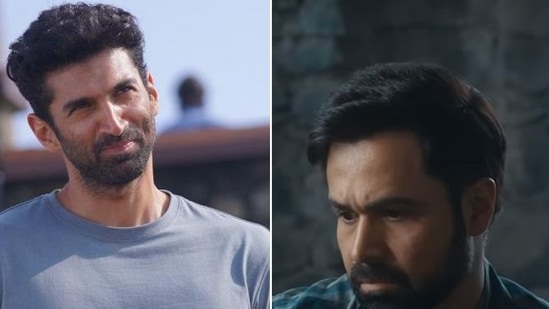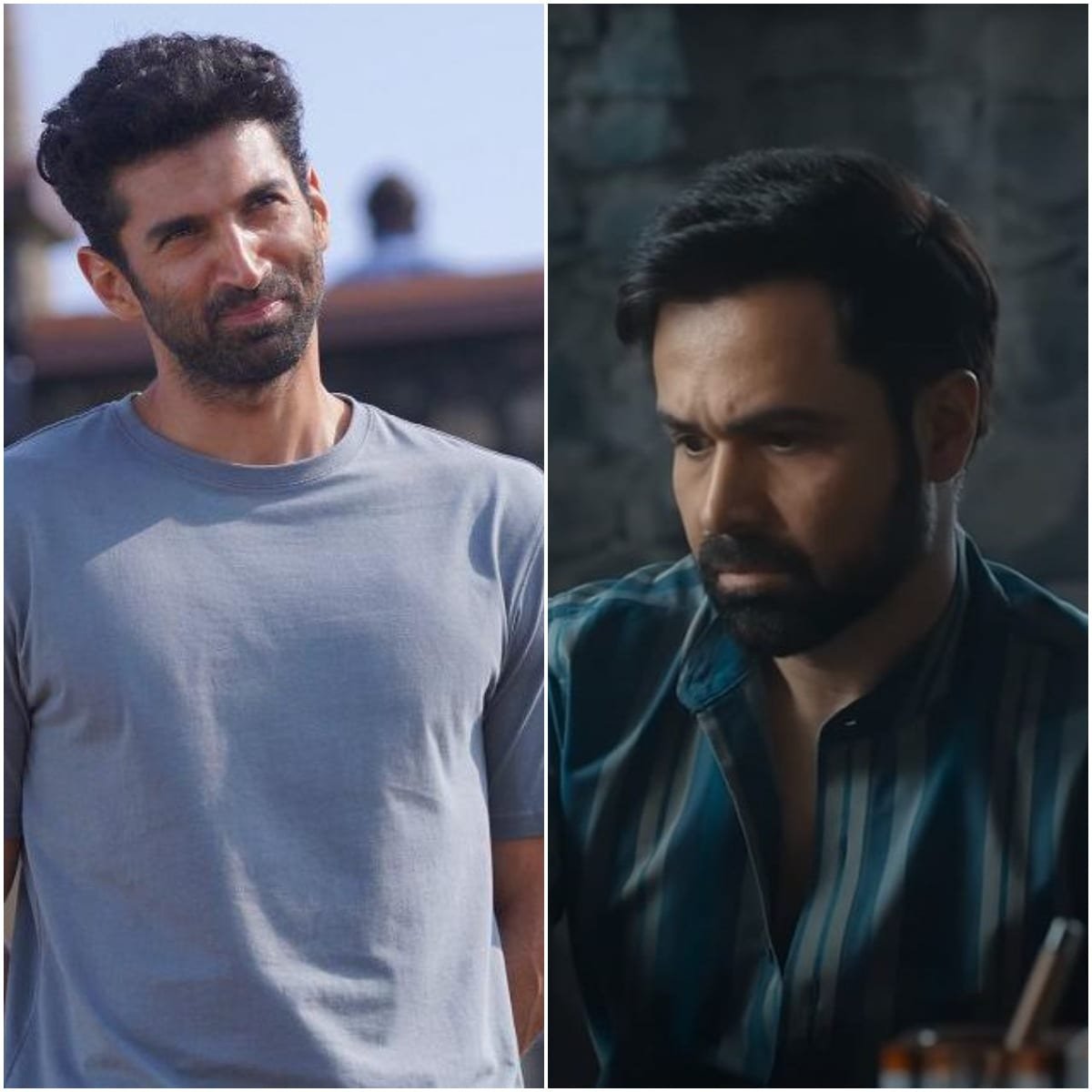Bridgerton 3 to The Night Manager: Decoding the season split phenomenon ullu-web-prime.com
As emerging trends reshape the viewing experience on OTT every few months, one of the latest experiments gaining interest even in its nascency, is the “split season” model. In India, shows such as Aarya, Scam 2003: The Telgi Story, The Night Manager, and recently, Showtime, have followed the example of shows such as Bridgerton and Emily in Paris in the West. With a mixed viewer response to the move in an ecosystem where binge-watching is still supreme, could this become a trend, or will audiences continue to have autonomy over their viewing experience?

One by two
“You get audience feedback after the first three-four episodes,” notes Sumit Roy, writer of Showtime, adding, “What did happen was that we got a great response to Emraan’s [Hashmi] character and people loved him. When the marketing of part two started, we leaned in more on his character.” The indication is that the move can amplify viewership, but Roy adds, “In terms of episodes themselves, it didn’t change our cut because it was already locked.”
Also Read: The Night Manager Part 2 review: Anil Kapoor and Tillotama Shome remain the best bits of this serviceable thriller
To split or not to split
Before they drop a show, platforms are guided by “extensive market research”, says filmmaker and writer Suparn S Varma. But one of the risks with this model is that a show could tank if the reception to the first part of the split season is not favourable. The Rana Naidu co-director acknowledges that the move runs the hazard of viewers losing interest: “With binge-watching, once you have the audience hooked, you tend to get more from them.”
Early report card
The jury is still out but the model is facing hurdles in markets like India. “Split seasons are not giving the kind of results people were expecting,” says Varun Gupta, founder-director of Max Marketing. “As a viewer, you want to decide when you want to pause and when you want to watch, and if you want to watch a season in one go,” explains Gupta. “The trouble is also that when the second part comes, many people have to revisit the previous part,” he adds.
Actor Rajeev Khandelwal, who was seen in Showtime, “would rather have it in one go, unless it’s a cliffhanger”. “As an actor, I am always in a situation when a season is broken into two parts, where I do not have answers for people who reach out to me about why it [the next part] is not coming. I am always at loss of words for people who follow the show religiously,” says Khandelwal.








Post Comment